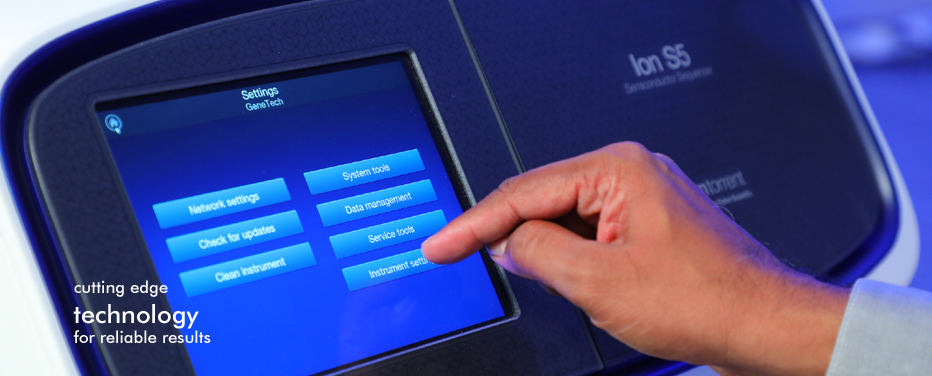
Laboratory
GeneTech’s central laboratory located in Hyderabad across the picturesque KBR Park at Banjara Hills is the largest facility for any independent medical genetics lab in India. Our facility houses labs for all technologies applied in medical genetics and genomics to provide accurate and timely diagnosis – NGS, Sanger Sequencing, MLPA using Sanger, Cyto & SNP MicroArrays, RT qPCR, CLIA, ELISA, TandemMass, GCMS, PCR, Cytogenetics, FISH, and Genotyping technologies.
Cytogenetic Lab
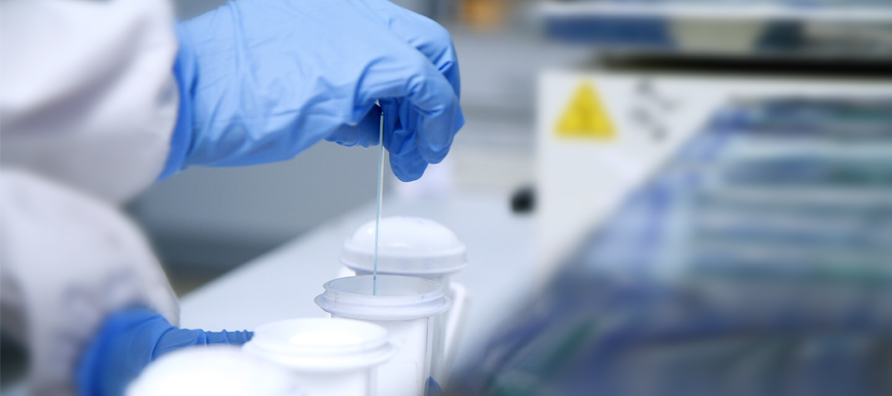
Laboratory designed to maintain sterile conditions crucial for tissue culture of prenatal samples. Cutting-edge technologies for quick turnaround and accurate and high-resolution karyotyping.
NGS Lab

Next Generation Sequencing (NGS) involves sequencing of millions of DNA fragments in parallel to obtain vast amounts of data affordably.
FISH Lab
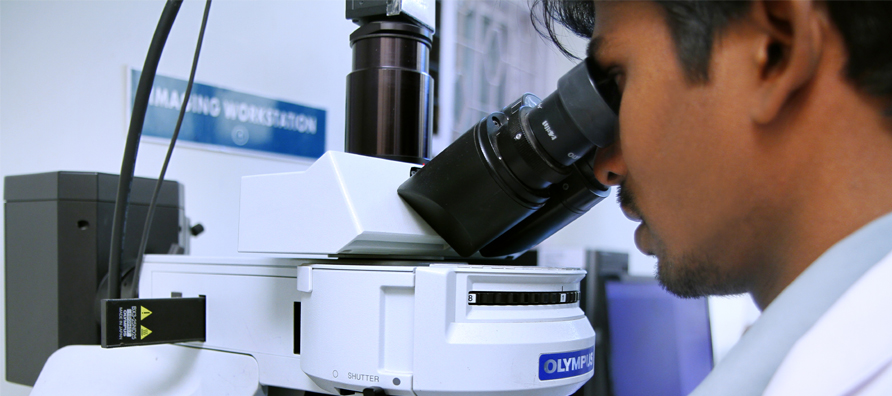
Our FISH lab uses the best hybridization technology available in the world today with probe design and automated flourescent microscopy for accurate aneuploidy and micro-deletion detection.
RT qPCR Lab
 Real Time PCR Lab at GeneTech offers a large number of testing options from TaqMan based Drug Metabolism Enzyme (DME) genotyping to SYBR Green Dye based gene expression studies, copy number analysis, microRNA profiling as well as Long noncoding RNA (lncRNA) expression analysis.
Real Time PCR Lab at GeneTech offers a large number of testing options from TaqMan based Drug Metabolism Enzyme (DME) genotyping to SYBR Green Dye based gene expression studies, copy number analysis, microRNA profiling as well as Long noncoding RNA (lncRNA) expression analysis.
PCR Lab
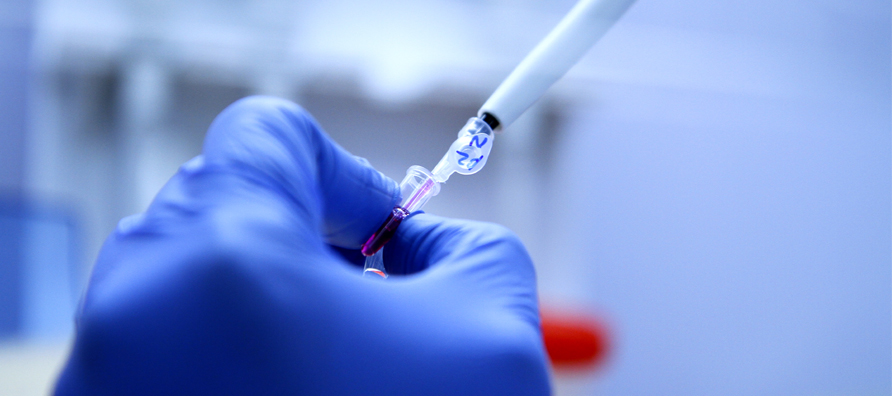
Detection of single-gene mutations, multi-gene panel is achieved by advanced molecular technologies such as PCR, Sanger sequencing, microarrays and next generation sequencing.
MicroArray Lab
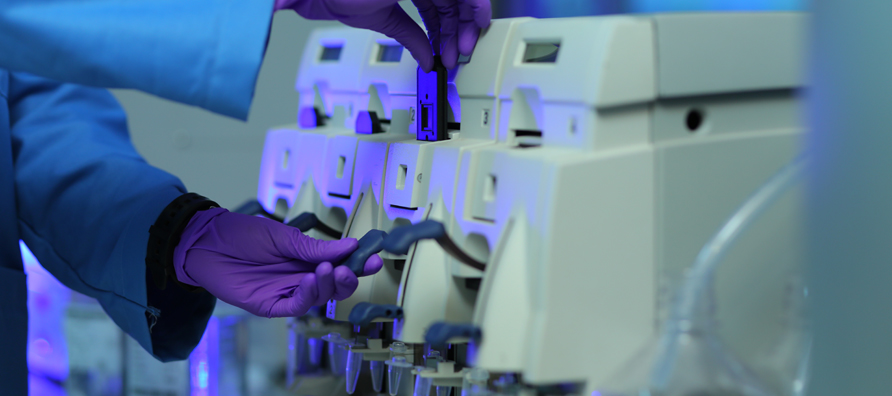 Microarray technology enables us to probe hundreds of thousands of loci at a time to detect microdeletions, copy number changes, loss of heterozygosity (LOH) and low level mosaicism.
Microarray technology enables us to probe hundreds of thousands of loci at a time to detect microdeletions, copy number changes, loss of heterozygosity (LOH) and low level mosaicism.
Biochemical Lab
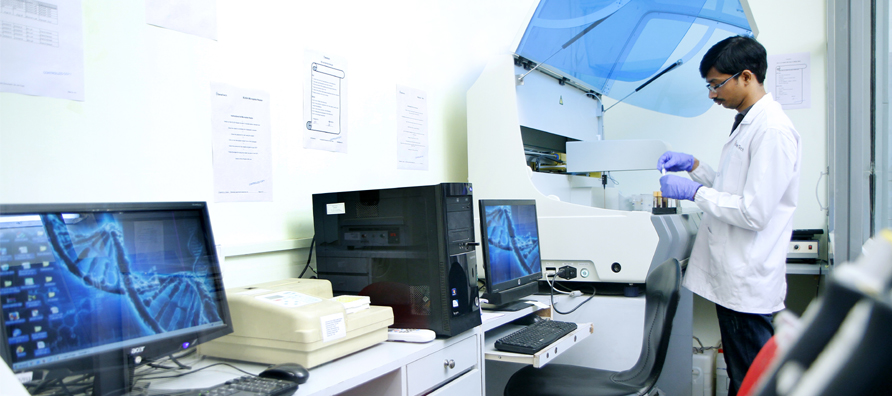
Use of Chemilumiscence CLIA technology, enzyme-linked immunosorbent assay (ELISA), time resolved flourimetry and Chromatography technologies for world class biochemical genetics.
Sequencing Lab
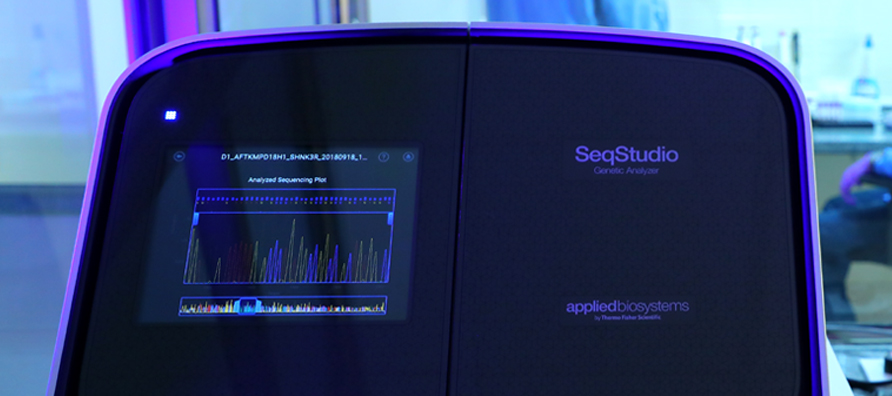 Sequencing Lab at GeneTech offers rapid confirmation of variants reported in Next-Gen Sequencing and also offering prenatal diagnosis options for extremely rare mutations.
Sequencing Lab at GeneTech offers rapid confirmation of variants reported in Next-Gen Sequencing and also offering prenatal diagnosis options for extremely rare mutations.
